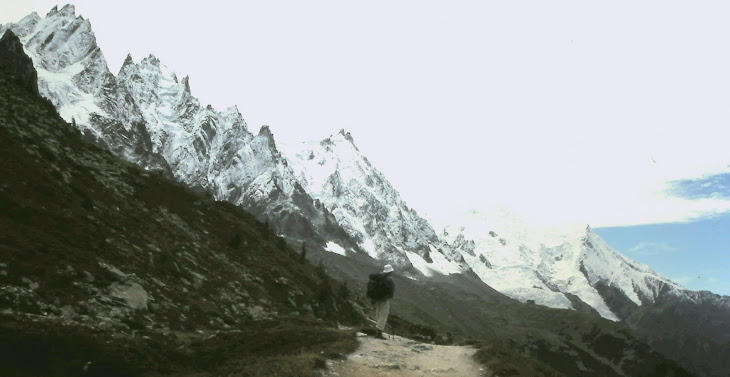However, even that must have been only a part of his hidden ministry. Members and regular attenders at the Chapel would have had other opportunities to speak with him; when he was away on preaching trips, by letter and telephone, others would seek his counsel and advice. Who really knows how much private ministry went on, or what the influence of that ministry has effected? When I was invited to go to assist David Fountain at Spring Road Evangelical Church I wrote to the Doctor for his advice. He urged me to go forward (as he had also encouraged David Fountain to invite me – as I found out from his reply to me). How many other ministers, I wonder, owed much to the advice and encouragement which he gave them? People came to Westminster Chapel from all over the world and people who had worshipped there also went all over the world. Only God knows the influence of the Doctor mediated through those whom had be helped in one way or another. The big issues explored – quite rightly – by theologians and historians, may be seen one day to have been not as big as they appeared.
Thursday, 27 January 2011
Martyn Lloyd-Jones: Life and Legacy
However, even that must have been only a part of his hidden ministry. Members and regular attenders at the Chapel would have had other opportunities to speak with him; when he was away on preaching trips, by letter and telephone, others would seek his counsel and advice. Who really knows how much private ministry went on, or what the influence of that ministry has effected? When I was invited to go to assist David Fountain at Spring Road Evangelical Church I wrote to the Doctor for his advice. He urged me to go forward (as he had also encouraged David Fountain to invite me – as I found out from his reply to me). How many other ministers, I wonder, owed much to the advice and encouragement which he gave them? People came to Westminster Chapel from all over the world and people who had worshipped there also went all over the world. Only God knows the influence of the Doctor mediated through those whom had be helped in one way or another. The big issues explored – quite rightly – by theologians and historians, may be seen one day to have been not as big as they appeared.
Saturday, 22 January 2011
Now for something completely different...
 I recently sent an article to RAF St Eval Friends Reunited Association, which I am also posting here. The picture is not of the plane concerned, but I have used a picture of that earlier.
I recently sent an article to RAF St Eval Friends Reunited Association, which I am also posting here. The picture is not of the plane concerned, but I have used a picture of that earlier.
Bermudan Weekend
During 1956/7 there were overseas detachments from at least two of St Eval’s squadrons. 42 Squadron had several planes in Khormaksar,
Just before Easter ’57 a plane returning from Christmas Island damaged a tail fin while taxiing at the American Air Force base in
We were only airborne for about half an hour before a message came through that another plane, this time from St Mawgan, had damaged a wheel on landing on the
The flight to
On Easter Sunday Bob and I and two aircrew sergeants hired mopeds in
From what I remember, facilities on the American base were superior to St Eval, and the PX better than the NAAFI, but there was one exception. The toilet cubicles had no doors on them, presumably to prevent anyone from having a quiet read in one. On Monday we were back at the
.jpg)

